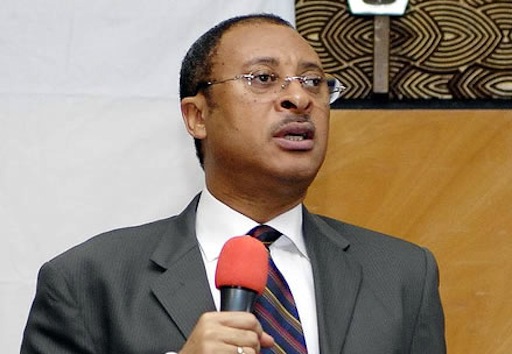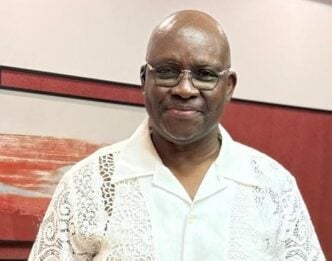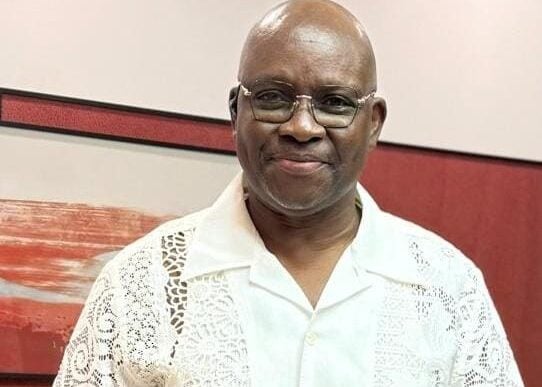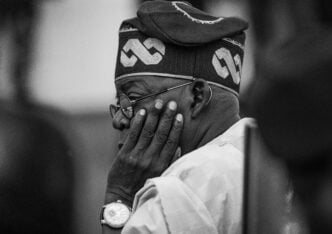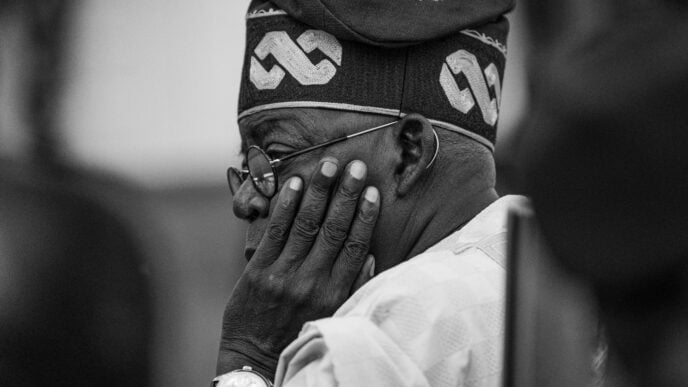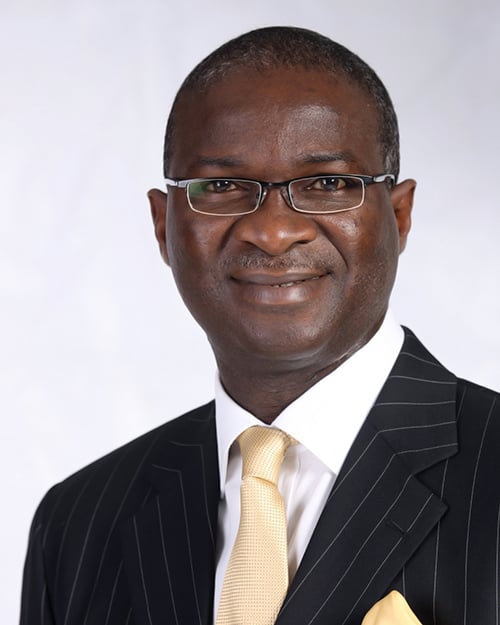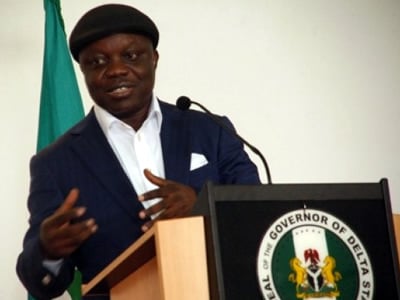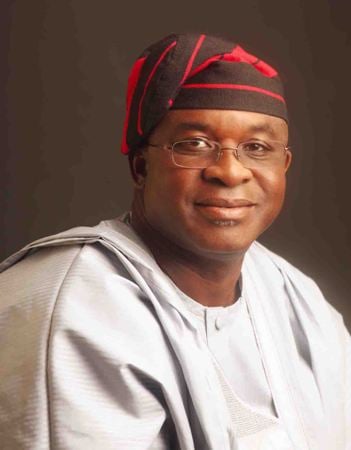A group of prominent political actors and civil society leaders has launched a new citizens’ movement seeking far-reaching reforms to Nigeria’s electoral system ahead of the 2027 general election.
The initiative is part of the resolutions reached at the national political summit on credible elections and political stability, convened in Abuja on Tuesday by the National Consultative Front (NCFront) in partnership with the Labour & Civil Society Front (LCSF).
The summit, with the theme, “Critical and mandatory constitutional amendments for credible elections in 2027”, drew over 600 delegates from government, civil society, academia, the private sector and the diaspora.
Organisers said the summit was convened to build consensus on constitutional and electoral amendments deemed critical to ensuring credible polls in 2027.
Advertisement
In a communique issued at the end of the summit, organisers said the aim of the movement is to mobilise “Nigerians to end election rigging and manipulation” in the country “once and for all”.
Pat Utomi, professor of political economy, was named chairman of the interim steering council of the movement, with Ayuba Wabba, former president of the Nigeria Labour Congress (NLC), as co-chair and Usman Bugaje and Nkoyo Toyo as deputy chairs for the north and south, respectively.
Other members include Oby Ezekwesili, former minister of education; Femi Falana, human rights lawyer; Shehu Sani, former Kaduna senator; Bilikisu Magoro; Ene Obi; Ankio Briggs; and several civil society leaders.
Advertisement
Olawale Okunniyi was appointed head of the secretariat, while James Ezema was named media coordinator.
According to the communique, participants at the summit recommended that the Independent National Electoral Commission (INEC) should be equipped and empowered to enjoy full financial autonomy by receiving its allocation directly from the federation account, in full and on schedule, without interference from any arm of government.
They added that the commission should operate an open budget system and work closely with the civil society to enhance transparency and accountability in its operations.
“INEC should be constitutionally empowered to prosecute electoral offenders independently, rather than relying solely on the police or the Attorney-General of the Federation,” the communique reads.
Advertisement
“Early voting, diaspora voting, electronic voting, and real-time electronic transmission of results should be made legally mandatory to reduce or eradicate manipulation and circumvention of election results.
“INEC’s recruitment processes should be insulated from the executive. The appointment of INEC national and state leadership should be handled by a broad mix of established stakeholders and not the Executive.
“Strong reforms should be pursued to eliminate the current aberration, where electoral outcomes are effectively determined in courts rather than at polling units.
“The National Assembly should be compelled to provide for special seats for women and other vulnerable groups in the constitution to be elected and participate in governance.”
Advertisement
The summit also recommended that the constitution should be amended to remove the burden of proof from candidates and political parties in election petitions, placing it appropriately on INEC.
Advertisement
